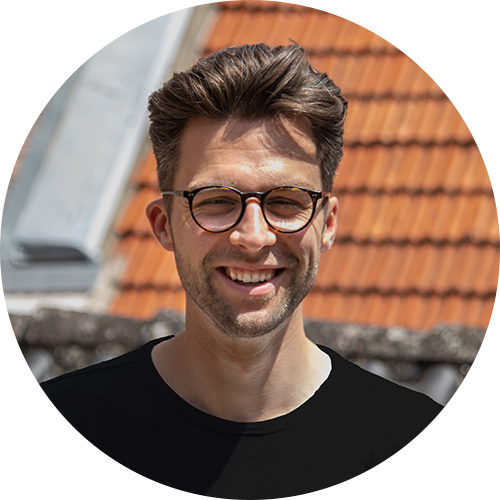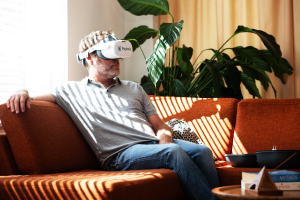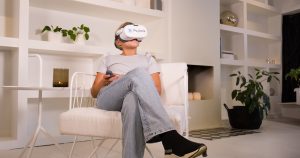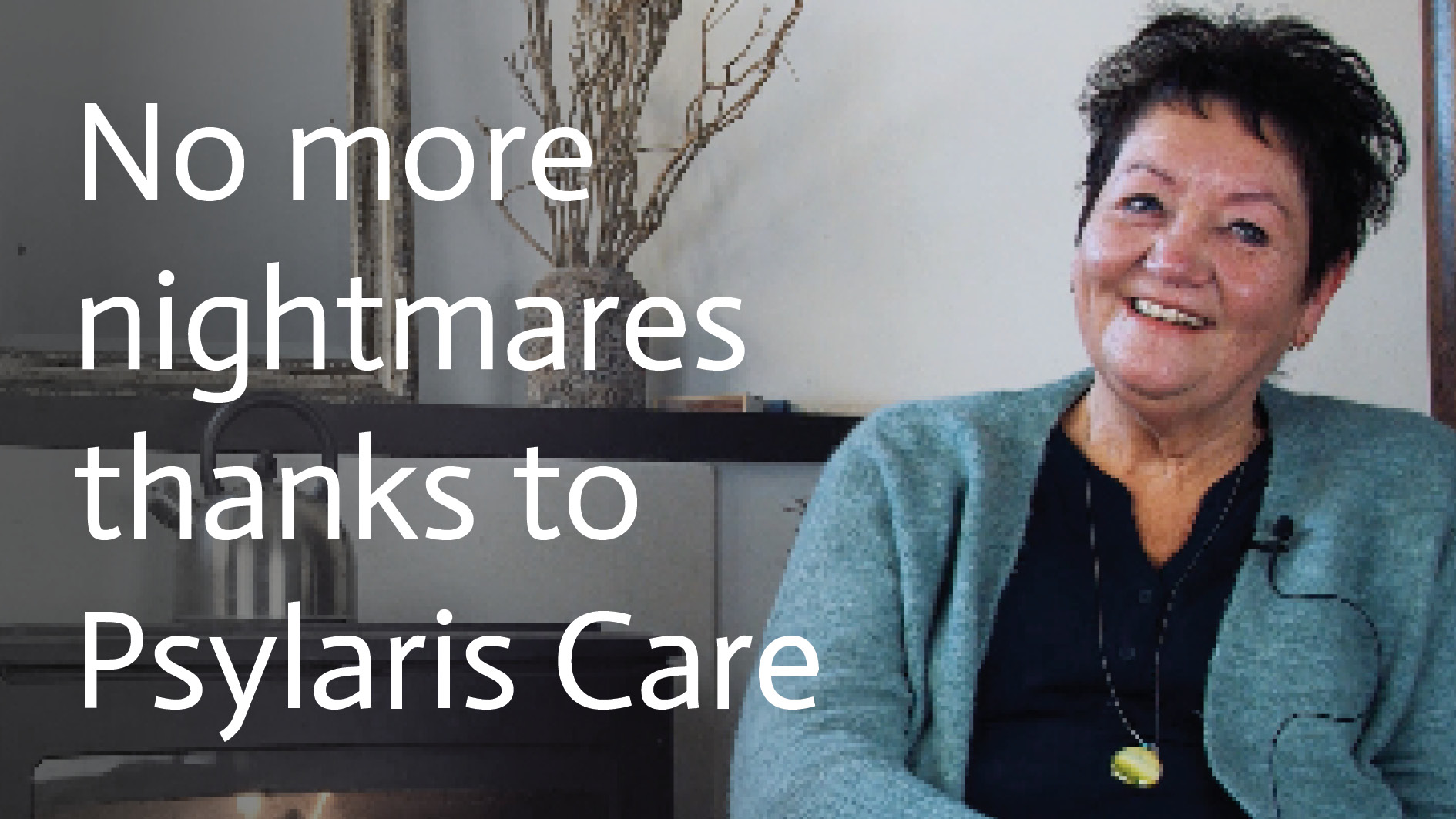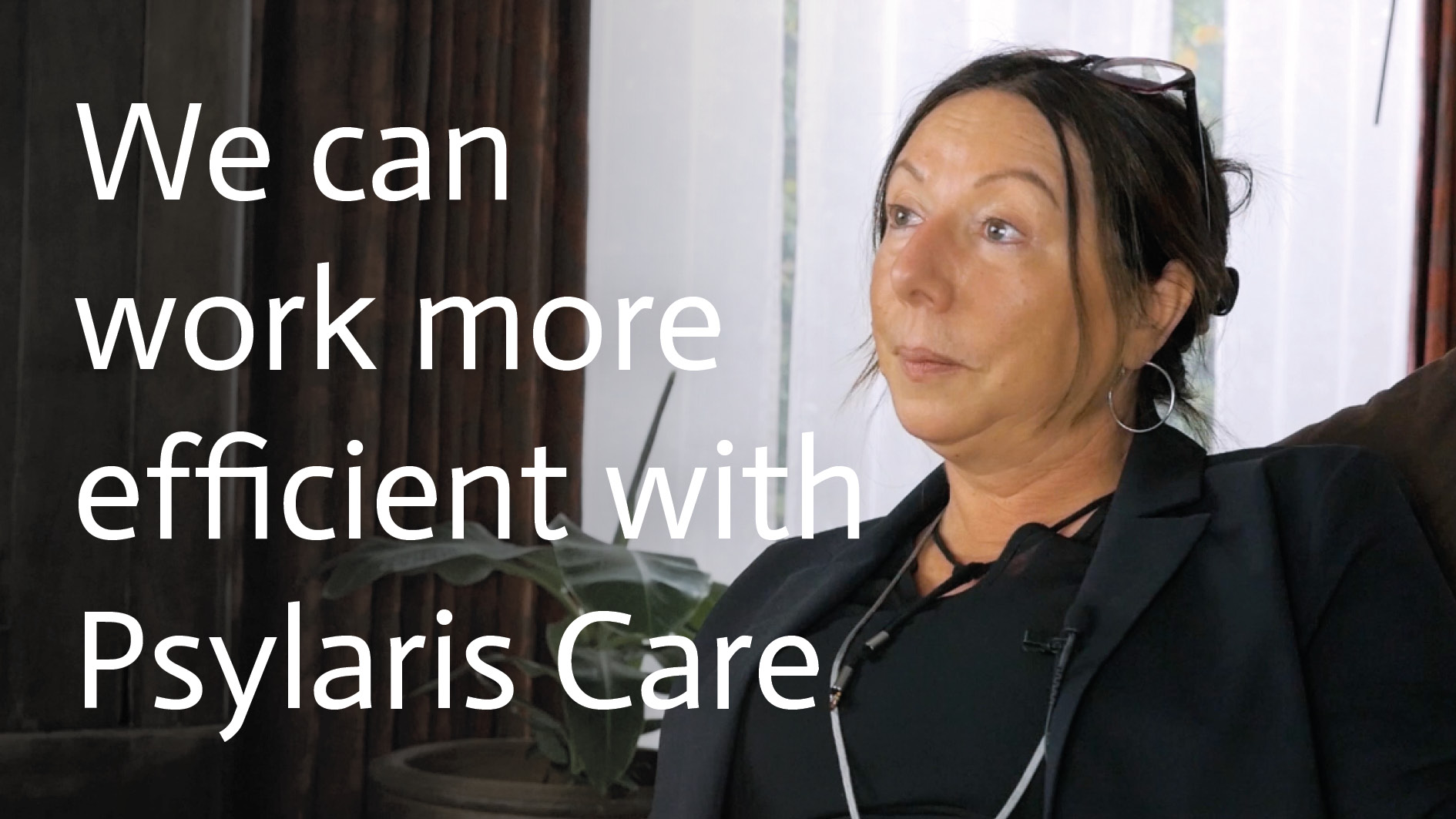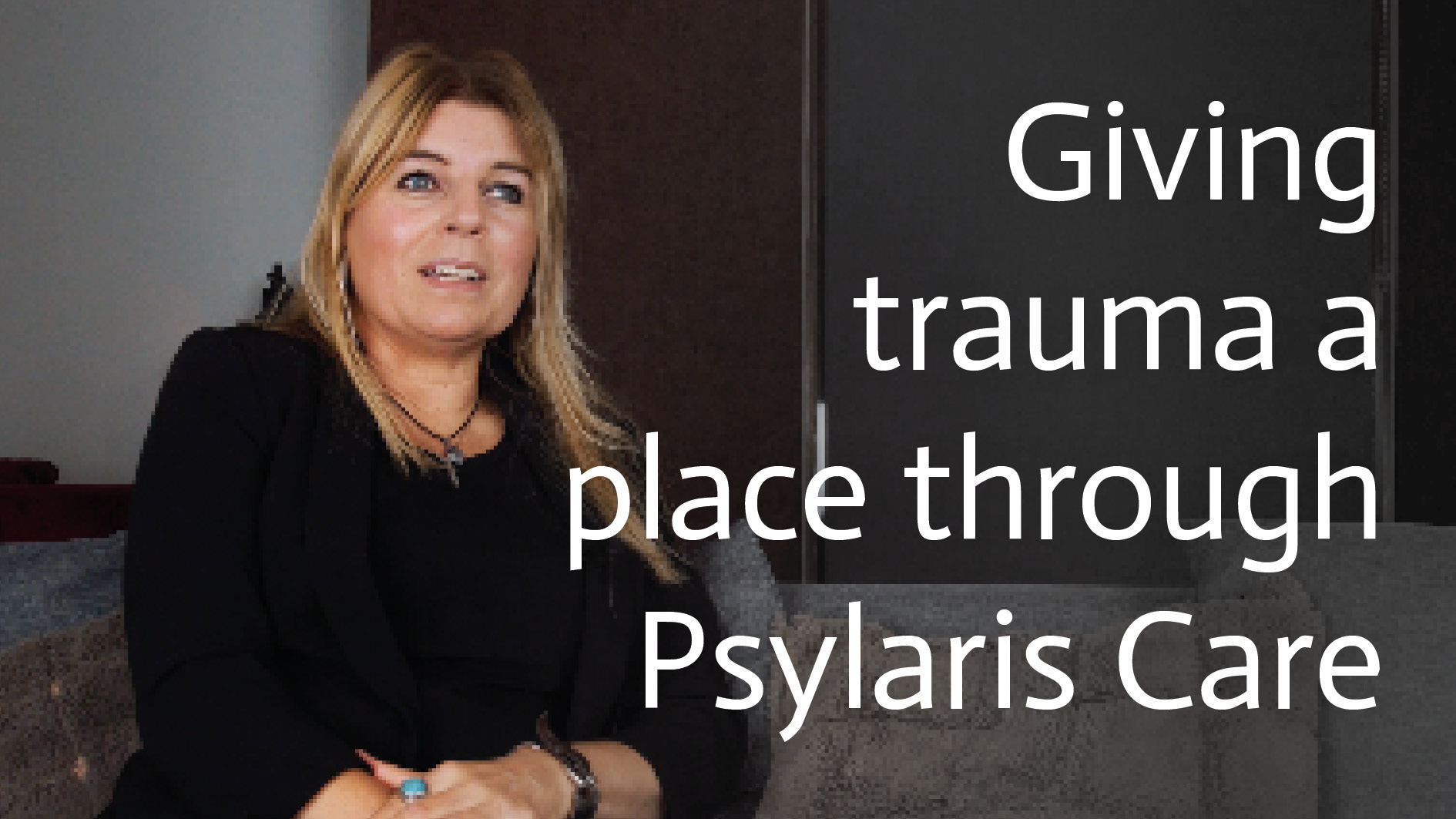When it comes to technological innovation, healthcare is often seen as one of the most conservative sectors. And that's not surprising; after all, human lives are at stake. Trial and error may be a good way to introduce new tools in other sectors, but it's really different here.
Yet a clear development is currently taking place. Not only the risks, but also the benefits of new technologies are starting to sink in. For example, electronic patient records are now an indispensable part of the solution.
In 2019, this development will continue at a rapid pace. We pick out 5 trends that we will increasingly see in (mental) health care.
1. Artificial Intelligence (AI)
We are all familiar with the most striking examples of artificial intelligence, such as Zora the healthcare robot in the Netherlands. But AI goes much further and will, for example, play an important role in the following areas:
Diagnosis
AI tools can significantly improve the speed, but also the precision, of a diagnosis. Speed enables doctors to see more patients and use the exact data to make a better diagnosis. We can already see this in practice. So-called image recognition is already being used to recognise skin disorders or diabetes.
Product development
Researching and developing new drugs is a rather slow process. This is due to a mix of financial, ethical and legal factors. AI can offer a solution here, by taking over part of the clinical research. Pharmaceutical company IBM Watson, for instance, uses AI in their research on cancer treatment.
Workflow improvement
In addition - and this may be music to the ears of many doctors and practitioners - AI can replace much of the administration.
2. Big Data & Analytics
In recent years, the amount of (patient) data circulating in the medical world has increased enormously. Partly because our records are largely stored electronically. This is not undisputed, but it does offer a range of possibilities. The analysis of this data hides valuable patterns, insights and needs to which we previously had no access. These insights can lead to valuable new solutions, both for doctors and patients. The possibilities here are endless.
A number of comments apply here. We highlight the three most important ones:
- At present, data is often still too fragmented to be able to make optimal use of it. Healthcare institutions such as hospitals could share more with each other. Within the Netherlands, but even better on a larger scale.
- In addition, data are not only available in a too fragmented form, they are also often 'contaminated', making a thorough analysis difficult, if not impossible. To prevent this, it is very important to determine what exactly needs to be measured before setting up the database.
- And, of course, there is an important joint responsibility with regard to privacy. Medical data in particular is personal and vulnerable.
3. The Internet of Medical Things (IoMT)
The so-called Internet of Things (IoT) means nothing more than technology that is connected to each other via the Internet. At home, for example, think of a smart thermostat that you control from your phone, or smart security equipment. We are also seeing it more and more in the healthcare sector. The applications are already very diverse and valuable, while this field is still in its infancy.
A special example is the hospital Medisch Spectrum Twente, where patients are given iPads and can thus not only order food themselves, but also have insight into their treatment data and progress.
Imagine, moreover, what it would mean if equipment were able to indicate when something is wrong and maintenance is required. Or if stocks in the pharmacy could be replenished automatically.
Finally, it is of course great that the patient and the doctor no longer always have to be in the same room in order to be able to monitor or treat. Think of apps that can monitor heart rhythm or glucose levels. This means more independence and control for the patient and more time for the doctor and therapist. Our EMDR therapy in virtual reality is a good example of this.
4. Telecare
The word says it all: it's about remote care. Worldwide, there are many people who have no direct access to medical help. A video or chat connection with doctors and specialists often even saves lives in cases like this. But also in the Netherlands there are areas - especially in smaller municipalities - where medical care is no longer available around the corner. Such a remote call offers quick clarity and prevents muddling through, without great effort on the part of patient and doctor. That saves a lot of stress and hassle. Moreover, considerable costs are saved. It is expected that important steps will be taken this year, but there is still a long way to go. Not least when it comes to reimbursement.
5. VR
Virtual reality (VR) imitates artificial sensory experiences through the use of spectacles and has since found countless applications in healthcare. Our EMDR therapy is a good example of this. In previous blogs, we have already discussed this and highlighted the benefits.
But we will also encounter VR more often in other fields. In surgery and education, for example. Doctors and students can practise difficult operations without having to use actual tissue.
VR will also be increasingly used to test and improve treatments. Both in physical and mental healthcare. By means of VR, certain conditions can be simulated and their effects compared to existing data. Is one treatment really better than another, or can something be added or removed? Or is a different protocol more effective for certain target groups, for example?
In mental healthcare, our aforementioned EMDR therapy is a good example of an innovation that will be seen in more and more places in the coming year. We are also working on an Exposure variant. The results of this therapy in VR are amazing, so we can't wait to contribute to this as well. We will of course keep you informed about this here.
Can't wait to find out more about our VR therapy and the possibilities for your practice or institution? Then go to www.psylaris.com or mail us at mike@psylaris.com.

